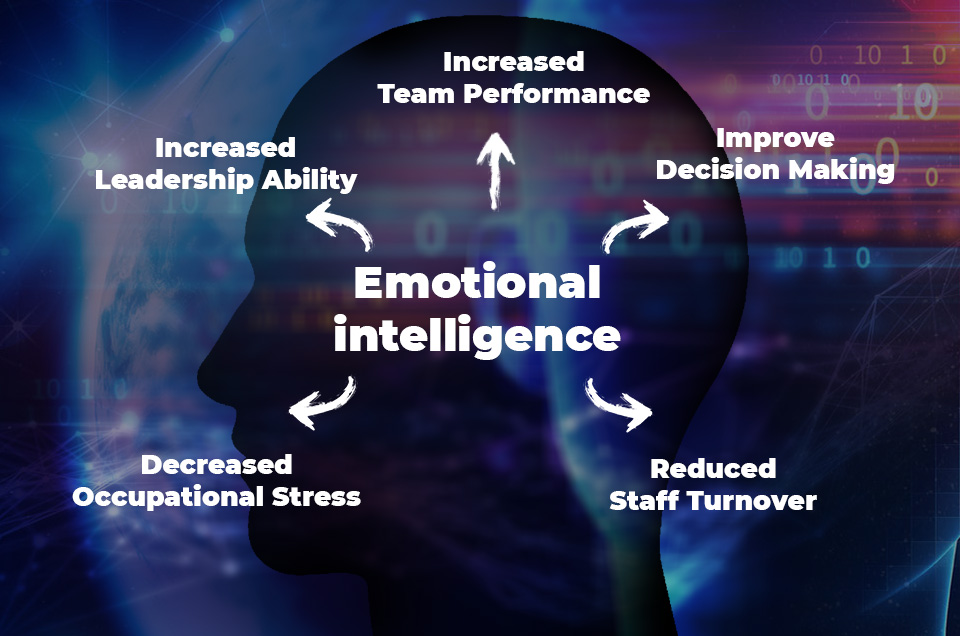For decades now, project management has served as a functional branch in every industry. Whether it concerns launching a new product or software, project management has its applications.
When it comes to startup project management, making important decisions is a bit easier because there are fewer dependencies in terms of teams, processes, workflow, stakeholders, etc. In addition, new methodologies in project management have continued to emerge, with an even more significant effect on how startup project managers go about their work. One such method gaining more popularity and becoming the standard for multiple sectors is Agile development.
Agile development in project management is a set of principles that can be used for software development and start-up project management. Unlike the rigid traditional workflow in project management, Agile development enables you to adapt to frequent changes using a more flexible approach.
With the use of Agile, teams can manage a project by breaking it up into several stages. Agile also eases the collaboration process with stakeholders, involving them as they go through each step to enable fully-informed decisions.
Considering the emerging trends in project management, in this article, I will be discussing five trends tech start-ups ought to catch up with when it comes to project management and Agile development.

1. Exploring Artificial Intelligence (AI)
With the constraint of human resources in project management, AI technology is poised to reshape project delivery completely. Artificial intelligence will play a considerable role in dealing with the mundane rule-based tasks that a human will ordinarily need to carry out in a project. So it improves the project process efficiency & productivity. Status reports from AI technology will take it a step further by drawing up concise recommendations. Such as how teams can improve performance, likely threats that could forestall project success, and lessons that can apply to multiple teams on different projects.
Ultimately, there is reduced human dependency when it comes to repetitive tasks, as AI automates such tasks. In the same vein, project processes will widely experience improved efficiency and productivity, which amounts to more accurate outcomes.
2. Combing Traditional & Agile Approaches into a Hybrid Method
With a dynamic market and ever-growing user experiences in Project Management, the agile model has found more acceptances even within startup project management circles. More project management experts and academe are leaning more towards the agile business model. The hybrid of the traditional and agile approaches to projects is poised to produce more desired results.
The adoption of an agile model has grown beyond custom software development. Agile development tools are now a significant part of startup project management tools. The need for integrating agile models into the traditional approach was necessary for bridging the existing gap between the academe and industry.
Thus, future project managers should have knowledge of both traditional and agile model approach to projects. Knowing both methods gives you an option to select the one that best suits a given project. You can apply one approach in some phases of a project and likewise use the other in the remaining stages of the same project.
3. Promoting Remote Project Teams
As a small tech start-up, your central internal project team is likely a small one, so relying on remote project professionals is the way to go. With the aid of digital technology, you don't have to be in the same physical location before projects can run. Considering administrative costs and travel logistics, having remote teams will also save you money.
The trend on remote project teams is common to a lot of businesses and is set to expand, even more, creating convenient and flexible time schedules for critical stakeholders and project managers to meet wherever they maybe. The crucial aspect of a successful virtual team is having excellent communication channels, coupled with good project management software. With these, you can easily reach team members, track and manage all your
4. Promotion of Kanban Boards in Project Management
More project managers are relying less on traditional workflow and need to work remotely. The need to find more flexible ways of working has given rise to an increased adaptation of the hybrid project management methods. Kanban board is one of such tools that are popular under Agile methodologies in Project Management. Kanban has a more visual representation when it is showing a dynamic, workflow-based project management methodology. Kanban focuses on the small daily deliverables and gives you measurable progress in the project.
If your project is likely to have multiple changes during the cycle, using Kanban will provide an efficient way of avoiding project stagnation. The hybrid of Kanban boards and traditional PM approach promotes collaborative problem-solving culture.

5. Achieving Emotional intelligence (EI)
One primary resource in Project Management is the human resource. If you are not able to manage yourself and your team to get the best out of everyone, then the chances are that your project is likely to fail before it even kicks off. The need for people management means that project managers have to be well equipped with high levels of emotional intelligence, to get the best out of themselves and their team members.
Emotional Intelligence is a valuable soft skill that equips you with strong social skills, make critical decisions, show empathy, resolve people-related issues, and motivate others to achieve the very best outcome for each project. The long term results of EI are that it increases product quality, better outcomes for clients, and the company's bottom line.
Conclusion
As new trends and changes arise in different aspects of business, Project management is not left out of this evolution. Whether it is shifting from traditional methodologies to Agile methodologies, advancement in emotional or artificial intelligence, your project strategies must always be aligned with the project with the current and new project management principles.







